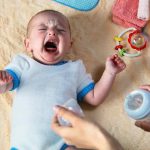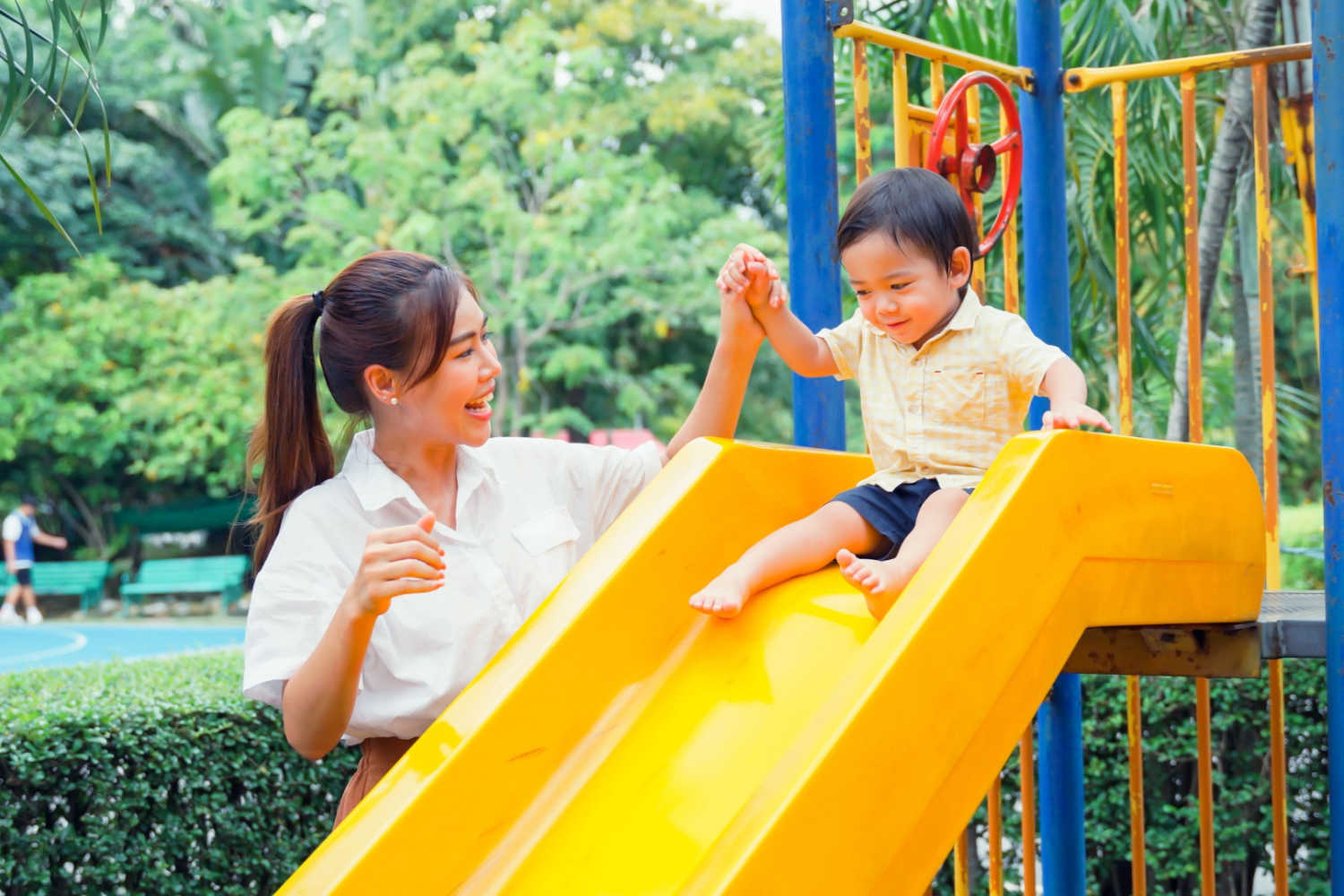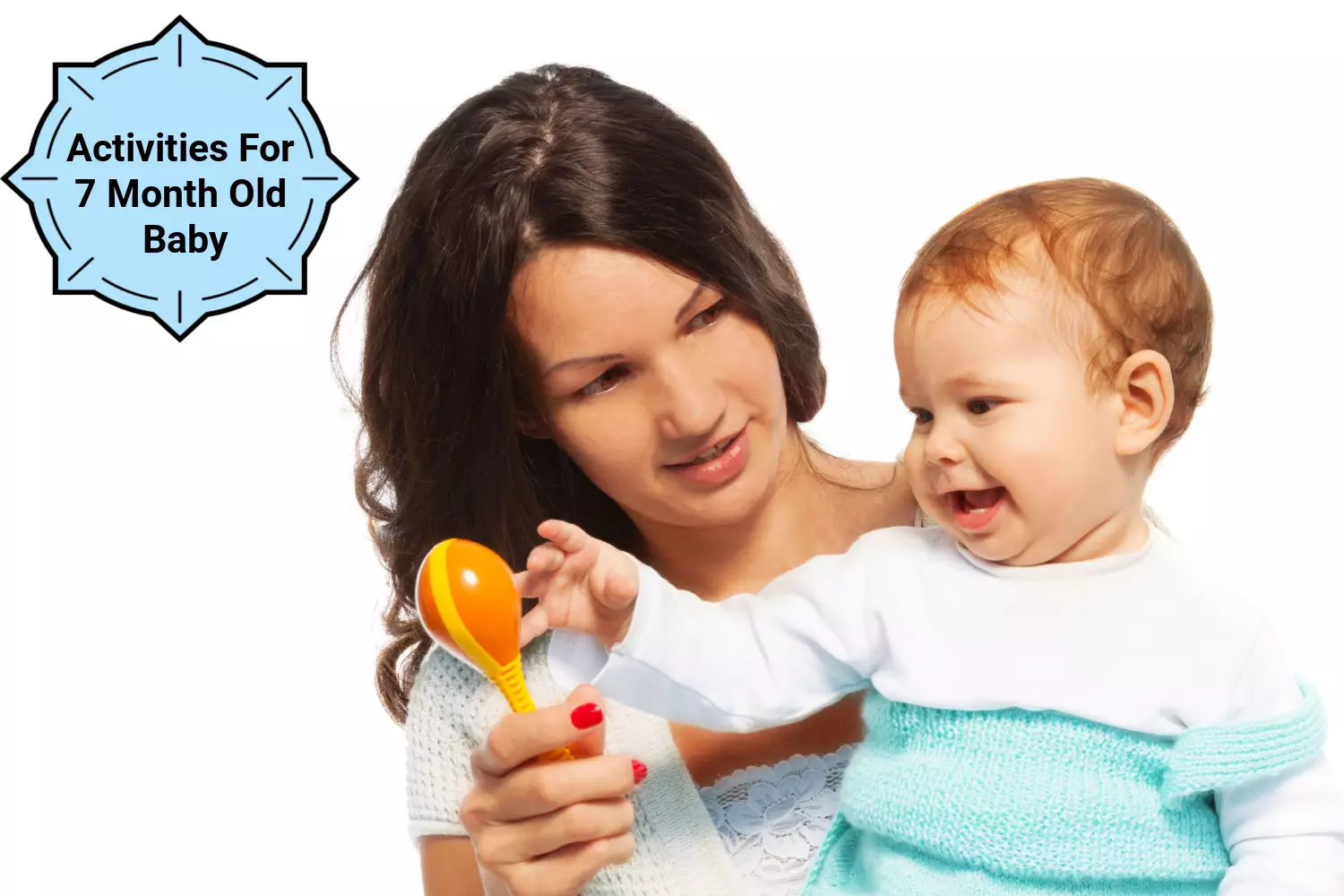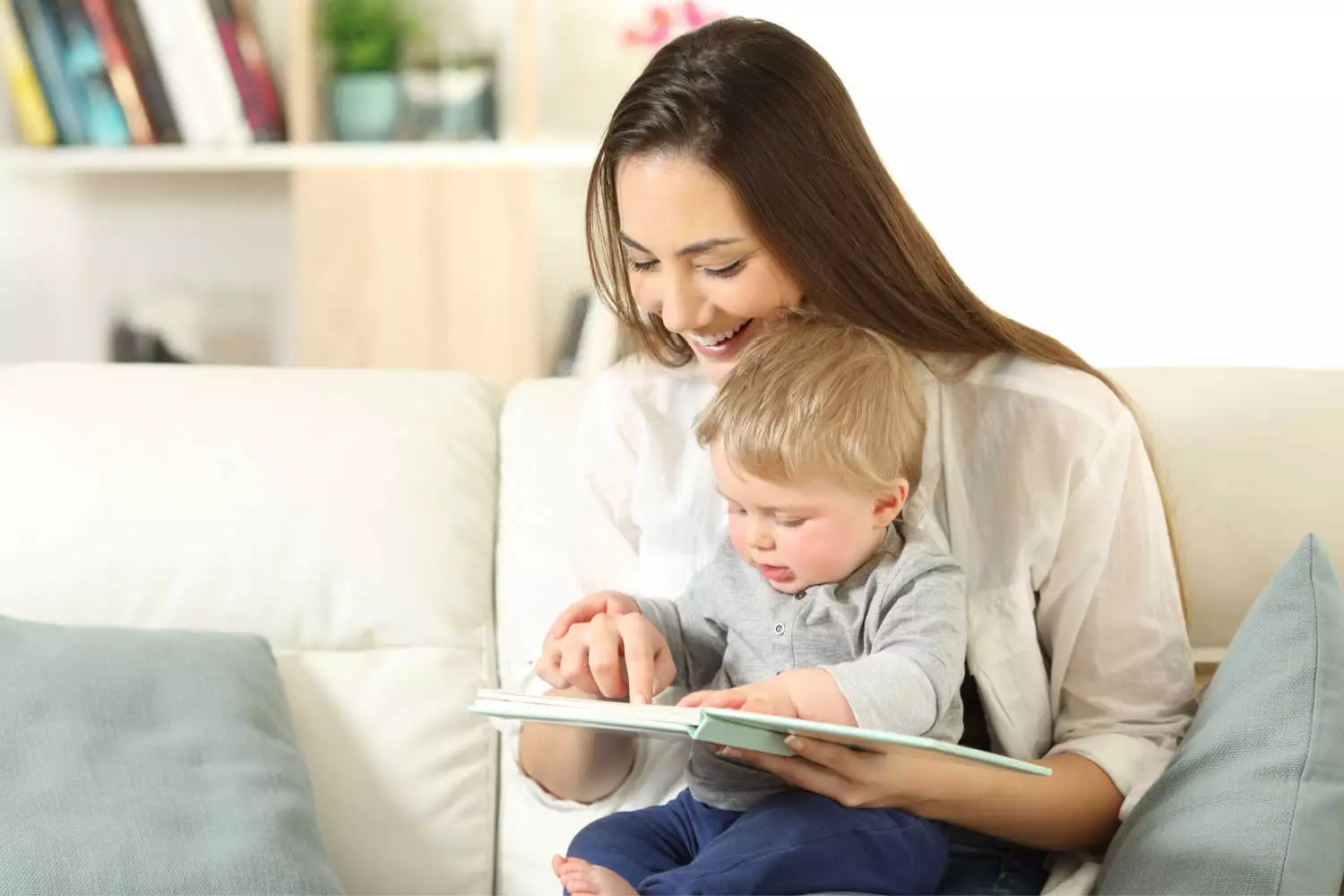
Is Plastic Safe For Babies?
5 min readWritten by Editorial Team


The mother makes sure to provide the best nutrition to her baby to protect him from all infections and diseases. But have you ever thought the utensils you are using to feed your child are safe or not? You know about the material of the utensils that your baby must use, especially plastic. Is plastic safe for babies?
Most the f mothers choose plastic bottles and cups for their little ones because they are cheap and durable as will not break easily as glass cups and bottles. Also, plastic bottles are incredibly light for the little one to hold. Moreover, it is easy to clean and store. However, is it safe for your little one? If not, why? Are there healthier alternatives for plastic? Continue reading, and this article will help you to know more about this topic.
In This Article
- Is Plastic Safe For Your Baby?
- How Does BPA Get Into My Baby’s Food?
- Effect Of BPA On Baby
- How Can I Save My Baby From Plastics?
Is Plastic Safe For Your Baby?
No mother would have thought that shatterproof, unbreakable, and light and easy plastic bottles and equipment could be harmful to their baby. Plastic bottles contain the two most toxic substances known as Bisphenol A (BPA), a substance used in the production of a hard, transparent plastic called polycarbonate, and phthalates, plasticizers used in plastics to make them soft and durable.
These chemicals can leach out of the bottle or container into the liquid or food stored in it. When your little one eats or drinks, the food and beverages stored in plastic containers, he or she, even in a small amount, will ingest these chemicals. Exposure to these chemicals can bring about several health issues in the long run as it hampers the body’s endocrine system.
Knowing the ill effects of BPA, it was banned in baby products. However, still, many companies use it in their products. Many of the researchers also concluded that even products that are marked BPA-free are not 100% free from it and contain some amount of BPA in it. Therefore, it is advisable to rely on some alternatives like glass and steel when it comes to the health of the child.
How Does BPA Get Into My Baby’s Food?
The amount of BPA seeping into food and beverages depends on the duration it is stored in the container being overheated in the dishwasher or microwave, and the temperature of the liquid or food stored in it. In short, the discharge of BPA increases with temperature.
Effect Of BPA On Baby

BPA is very harmful to the growth and development of babies. It also showed that BPA was a reason for obesity, cancer, and diabetes. Even a report was carried out in ‘The Times of India’ that showed the hazardous effects of using plastic bottles for your child.
- BPA’s are proved to disrupt the hormonal balances, causing variable problems in the body. Other than that, plastic contains carcinogens that give rise to cancer.
- You may not see a sudden effect of BPA on your child as studies show that BPA accumulates in the body and causes fertility problems, low sperm count in males, hyperactivity, and many more problems.
- Several kinds of research were done on animals that showed it caused a negative impact on brain development, immune system, and reproductive system.
How Can I Save My Baby From Plastics?
After knowing all these harmful effects of BPA and plastic on your child, you must be searching for some effective ways to protect your child from all these bad effects.
Here is the list of measures you can take to save your child from plastics:
1. Get Your Facts Right
Before buying anything for your baby, it is very important to get your facts rights and gather some knowledge about baby products. Before buying a bottle for your baby, turn it upside down, you will see some kind of numeric symbol on it. All of the numeric symbols signify the quality of plastics.
Plastic utensils, showing the symbol 1, 3, 6, and 7, are not made for storing foods and beverages, so avoid them using for storage purposes. They contain a good amount of BPA that disrupts the endocrine gland. So, ensure to check the bottom of containers before adding them to your shopping cart.
2. Shop Smart
Shopping smart is the key to saving your child from plastic. Ensure to buy the bottles made up of polyethylene or polypropylene. Their main property is that they are merely colored and opaque rather than clear. Your child’s health is priceless, so avoid buying his stuff from cheap sales. They have high leaching properties as cheap plastics get worn easily.
3. Avoid Storing These Foods in Plastic Container
Food substances that are high in fat content, oily or greasy, or acidic in nature, highly interact with the chemicals leached out from plastics. Also, make sure to cool down the foods to room temperature before storing them in plastic containers. You can use glass containers rather than using plastic ones for storage purposes.
4. Hand Wash Plastic Utensils

Hand washing is the best technique to wash plastic-made utensils. Washing them with harsh detergents or washing them in dishwashers can enhance their property of chemicals leaching.
5. Keep It Away From Direct Sunlight
As already explained above, heat increases the discharge of BPA, which leeches into the food and beverages stored in it. Therefore, stack bottles/containers in a cool place away from direct sunlight.
6. Ditch Plastic Wraps
Avoid using the cling plastic wraps to store food and heat up it in the microwave. When the food comes in direct contact with plastic, it leaches out the chemicals in the food, making it toxic for consumption.
Foods like meats and cheese are more prone to absorb these kinds of toxic chemicals. You can use other alternates like ceramic plates, wax paper, and paper towels for this purpose.
7. Explore Alternatives
Using an alternative to plastic bottles is the best method to save your baby from plastic. You can use steel or glass containers instead of those plastic-made containers. These are easily available in the market, durable, and safe to use.
Some Final Words
Prevention is far better than cure. By opting for all these preventive measures, you can help your child in building a healthy future. Prefer feeding your child with a spoon or making him have milk in glass rather than using plastic bottles. If you want to use them, then ensure that they are of good quality and BPA-free. Other alternate like steel and glass bottles are far better than plastic-made utensils. Prefer smart buying as your child’s safety is in your hands.

Editorial Team,
With a rich experience in pregnancy and parenting, our team of experts create insightful, well-curated, and easy-to-read content for our to-be-parents and parents at all stages of parenting.Read more.
Responses (0)
Want curated content sharply tailored for your exact stage of parenting?
Related articles

Dry Fruit Powder For Babies – When to Introduce, Benefits & Side Effects

Water Intoxication in Babies – What is it, Causes and Tips to Prevent

Hazelnuts For Babies – when to Introduce, Benefits & Side Effects

When Should You Introduce Baby Slides to Your Baby?

Top Activities For A 7 Month Old Baby – Benefits and Tips For Parents

Top 8 Best Touch and Feel Books For Babies in First Year
Sponsored content
Discover great local businesses around you for your kids.
Get regular updates, great recommendations and other right stuff at the right time.





